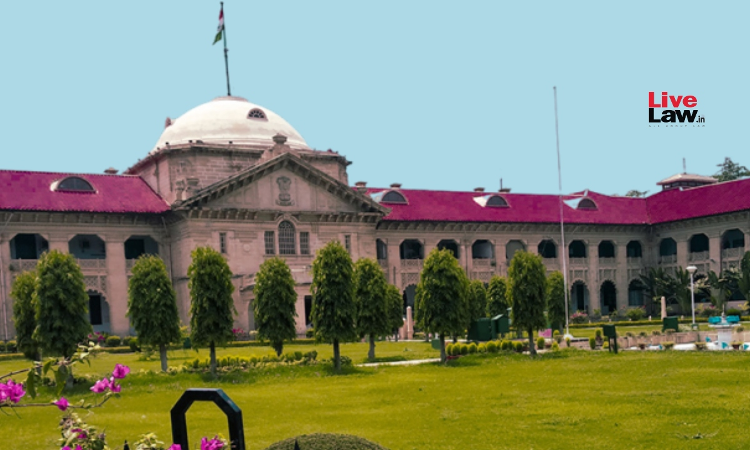Teacher/Headmaster Of A Basic Institution Not An Employee U/S 2(e) Of Gratuity Act, Not Entitled To Any Benefits: Allahabad HC
Upasna Agrawal
26 July 2025 5:40 PM IST

Recently, the Allahabad High Court held that a teacher/ headmaster of school under the Board of Basic Education is not an employee of the State Government under Section 2(e) of the Gratuity Act, 1972 and is not entitled to benefits therein.
Holding that a headmaster or assistant teacher appointed in an educational institution under the Board of Basic Education is under the State Government, the bench of Justice Ashwani Kumar Mishra and Justice Praveen Kumar Giri held
“a teacher (including Headmaster) of a basic institution cannot be held to be an employee under Section 2(e) of the Gratuity Act, 1972. The benefits available to an employee under the Gratuity Act, 1972 would thus not be available to such a teacher.”
Section 2(e) of the Gratuity Act, 1972 defines employee as any person (other than an apprentice) who is employed for wages, whether the terms of such employment are express or implied, in any kind of work, manual or otherwise, in or in connection with the work of a factory, mine, oilfield, plantation, port, railway company, shop or other establishment to which this Act applies, but does not include any such person who holds a post under the Central Government or a State Government and is governed by any other Act or by any rules providing for payment of gratuity.
Petitioner-appellant was a headmaster in the respondent school and retired at the age of 64 (due to extension) in 2017. Petitioner approached the High Court under Article 226 of the Constitution seeking release of gratuity in his favour. However, the writ petition was rejected. Thereafter, petitioner filed a special appeal.
The Court observed that the Board was established under U.P. Basic Education Act, 1972 and the appointment and conditions of service of the teachers of institutions established by the Board were governed by U.P. Basic Education (Teacher) Service Rules, 1981. It noted that the Government Order dated 8.3.1978 removed death-cum-retirement gratuity to the teachers in institutions established by Board. Benefit of family pension though denied earlier, was later added by an amendment.
Subsequently, Government Order dated 23.11.1994 was issued which extended gratuity benefit only to those who chose to retire at the age of 58 instead of 60. Once the age of retirement for teachers in Basic Institutions was raised to 62 from 60, the benefit of gratuity was extended upto the age of 60 years vide Government Order dated 4.2.2004.
The Court held that since the petitioner-appellant did not chose to retire early but served for an extra term of 2 years, he was not entitled to gratuity under the aforesaid government orders. It further held that the petitioner working under the State Government was specifically excluded from the definition of employee under Section 2(e) of the Gratuity Act as he was governed by the gratuity scheme under the Government orders.
“Reference to scheme for gratuity made under any other act or by any rules conveys expressions of wide magnitude. It cannot be restricted only to scheme for gratuity made under any specific Act or Rules, per se. Such scheme for gratuity for a person holding post under State Government can also be by way of Rules made in exercise of executive powers of State.”
Holding that Government orders are executive instructions which the State Government has the power to issue, the Court held that petitioner was not entitled to benefits under the Gratuity Act and dismissed the special appeal.
Case Title: Bindra Prasad Patel v. State Of Up And 3 Others [SPECIAL APPEAL No. - 41 of 2025]
